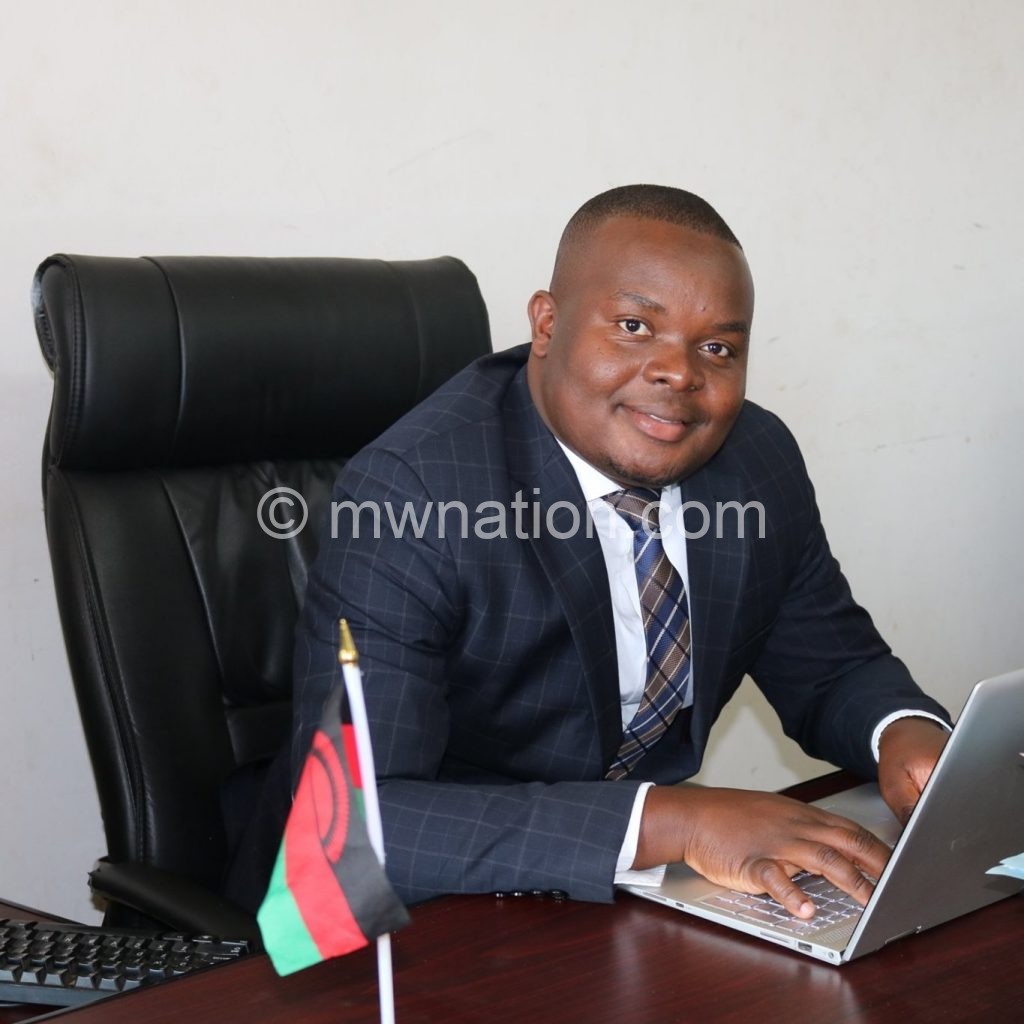Malawi deposits AfCFTA instruments with AU
Malawi has finally deposited the instruments for ratifying the African Continental Free Trade Agreement (AfCFTA) with the African Union (AU), effectively consenting to the trade deal, Ministry of Trade has confirmed.
This comes years after securing a consensus to ratify the continent’s biggest single market, which rolled out on January 1 this year.

Malawi had already signed the deal on March 21 2018, in Kigali, Rwanda,
but the deal awaited final ratification.
Ministry of Trade spokesperson Mayeso Msokera in an interview on Tuesday confirmed that the country deposited instruments with the AU in December through the Malawi Embassy in Ethiopia.
He said: “Malawi has finally deposited the instruments for ratification with the African Union. This follows the signing of the instruments by President Lazarus Chakwera on November 1 2020.”
We have also confirmed that the Permanent Representative Committee (PRC) to Malawi had submitted to the Industry Division of the Department of Trade and Industry of the African Union Commission, bringing the number of countries that have ratified the AfCFTA to 35.
The PRC conducts day-to-day business of the AU on behalf of the union’s Assembly and Executive Council and all AU member States are members of the PRC.
As at December 5 2020, 34 countries had deposited their instruments of ratification.
Msokera said Malawi held consultations with the private sector through the Ministry of Trade leading to the signing, endorsement and the final ratification of the agreement.
He said: “The ministry undertook an in-depth study on the benefits that would arise from signing and ratifying this agreement and a successful extensive stakeholder consultation process particularly with the private sector because we acknowledge that it is the private sector that will have to take advantage of this free trade area.”
The AfCFTA provides the opportunity for Africa to create the world’s largest free trade area with potential to converge 1.3 billion people within an estimated $2.5 trillion economic bloc.
United Nations Economic Commission for Africa regional director for Southern Africa Said Adejumobi said in an earlier interview that the economic bloc is poised to create a continental market for goods and services with free movement of people and capital and pave the way for creating a customs union.
He said the AfCFTA is expected to enhance competitiveness at the industry and enterprise
level through opportunities for scale production, continental market access and better reallocation of resources.
“It will also grow intra-African trade through better harmonisation and coordination of trade liberalisation across the continent,” he said.
But a joint assessment by Ministry of Trade and Treasury revealed that government will likely forego some revenue in form of forgone trade tax revenue once the AfCFTA rolls out full-throttle.
Many poor countries such as Malawi, with a per capita income of around
$600 (K462 000), rely heavily on international trade taxes as a source of government revenue to finance day-to-day government business and operations.
Such concerns led Malawi and other countries to push for special and differential treatment in the implementation of the AfCFTA’s provisions on the elimination of import duties and other tariffs.
Trade experts and the Malawi Confederation of Chambers of Commerce and Industry previously advised that the AfCFTA has to be backed up by increased productive capacity, enhanced regional value chains and removing internal obstacles to the growth of small and medium enterprises so that African countries, including Malawi, can compete well in a liberalised regional market.
Addressing journalists in Lilongwe recently, Minister of Trade Sosten Gwengwe argued that Malawi has quality agriculture-based products that can compete at the regional and global markets, but expressed worry that the private sector looks down on itself by feeling comfortable with the domestic market.
But in a written response, National Working Group on Trade and Policy chairperson Frederick Changaya warned that there will be many demerits of AfCFTA than merits to the country.
He said: “The major merit is a bigger market opportunity. The key question is: Can we meaningfully participate now and in medium-term? Even in the long-term? I think the answer is no.
“For obvious reasons, our economy will remain less competitive for a very long time unless revolutionary policies are rolled out and sustained for a little longer.”





